The Sudanese military announced Friday it had seized the Republican Palace in Khartoum, a key stronghold of the rival paramilitary Rapid Support Forces (RSF), marking a major turning point in the nearly two-year conflict that has ravaged the country.
Social media videos showed Sudanese troops inside the historic palace, their boots crunching broken tiles as they marched through the battle-scarred halls.
Soldiers, armed with assault rifles and rocket-propelled grenades, chanted “God is the greatest!” as they claimed victory.
A military officer in the footage confirmed the takeover, citing Friday as the 21st day of Ramadan.
Symbol of power
The Republican Palace, a landmark immortalized on Sudanese banknotes and postage stamps, was once the seat of government before war erupted in April 2023.
Its capture signals the military’s steady gains under army chief Gen. Abdel-Fattah Burhan, who has pushed RSF forces out of most of the capital.
Sudan’s information minister, Khaled al-Aiser, celebrated the development in a post on X.
“Today the flag is raised, the palace is back, and the journey continues until victory is complete,” he wrote.
Despite the loss, the RSF has not publicly acknowledged the setback. Sporadic gunfire echoed through Khartoum on Friday, though it was unclear whether it was celebratory or the last remnants of resistance.
War alive
While the RSF has been largely expelled from Khartoum, its forces still hold ground elsewhere. Late Thursday, the paramilitary group claimed it had captured al-Maliha, a strategic desert city in North Darfur near the borders of Chad and Libya.
The Sudanese military acknowledged fighting in the area but did not confirm the city’s fall.
Al-Maliha lies about 200 kilometers (125 miles) north of El Fasher, a Sudanese military stronghold that remains under near-daily RSF attacks.
Nation in crisis
The war has devastated Sudan, with more than 28,000 reported killed and millions displaced. Famine is tightening its grip, leaving families so desperate that some have resorted to eating grass to survive.
Humanitarian groups fear the death toll is far higher than official estimates.
The United Nations has labeled the conflict the world’s worst humanitarian crisis, with rights groups accusing both sides of widespread human rights abuses.
Before leaving office, U.S. President Joe Biden’s administration declared the RSF’s actions a genocide, citing atrocities committed by the paramilitary group and allied Arab forces against ethnic African groups in Darfur.
Meanwhile, former Sudanese leader Omar al-Bashir remains wanted by the International Criminal Court for orchestrating genocide in the region in the early 2000s, when the RSF’s precursor, the Janjaweed, waged a brutal campaign of violence.
Nation without peace
Sudan has been on a knife’s edge since 2019, when a popular uprising led to the ousting of longtime autocrat al-Bashir.
Hopes for democracy were short-lived. In 2021, Burhan and RSF leader Gen. Mohammed Hamdan Dagalo staged a coup, only to turn against each other in 2023, igniting the war that now grips the nation.
Burhan’s forces, bolstered by allied militias, have gained momentum in recent months, reclaiming a key refinery north of Khartoum and encircling RSF positions in the capital.
However, the battle is far from over, as both factions continue to vie for power, leaving civilians trapped in the crossfire.

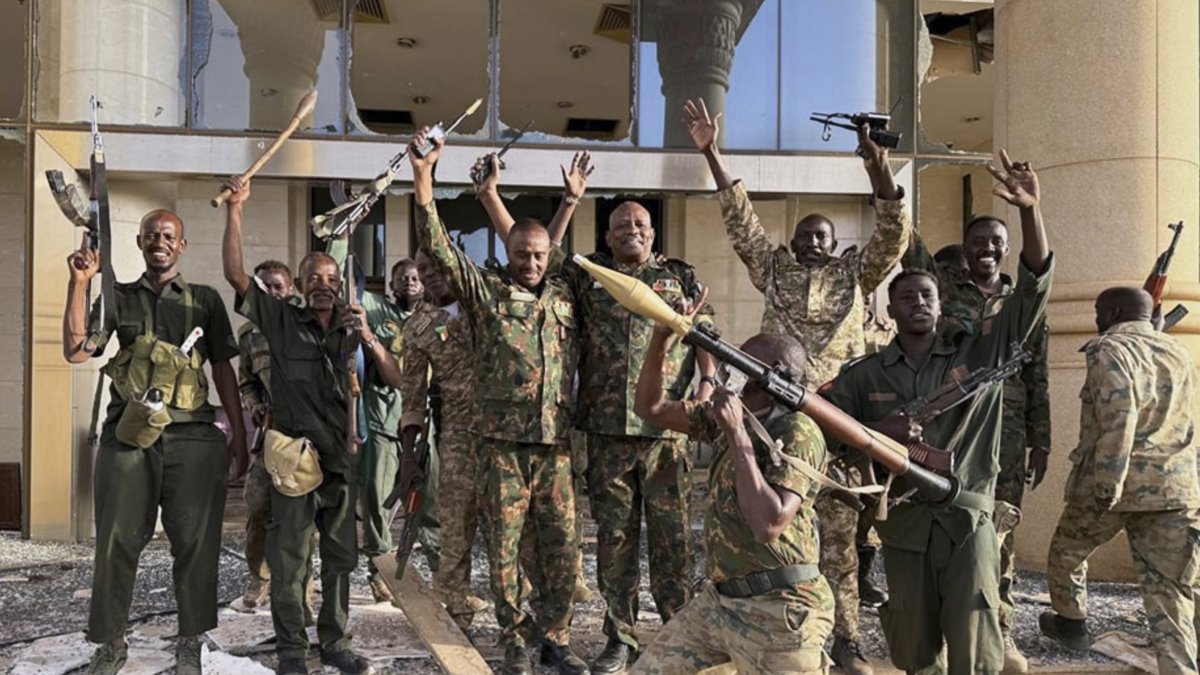
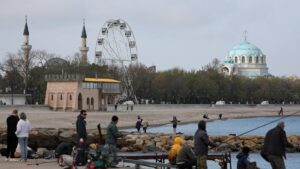

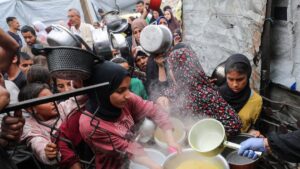

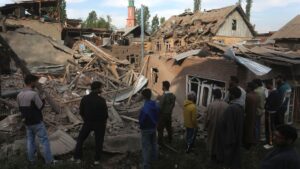
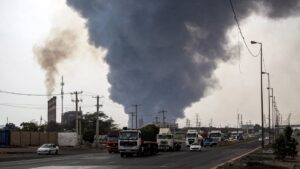


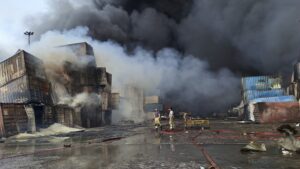
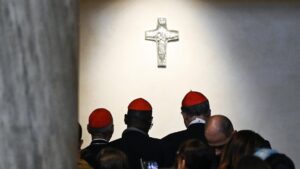

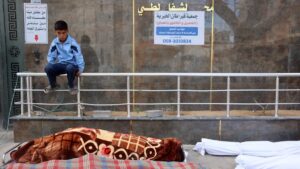

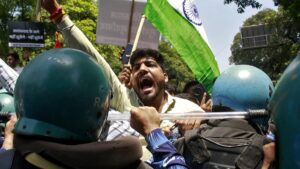
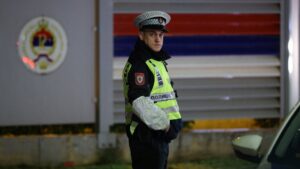
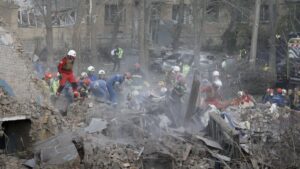
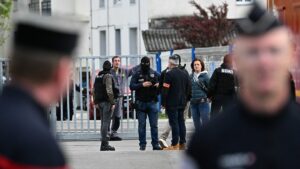


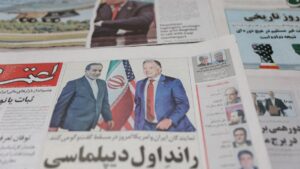

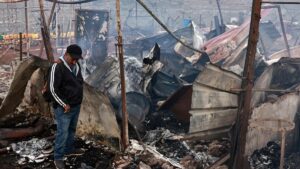
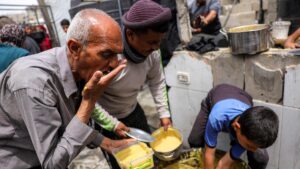
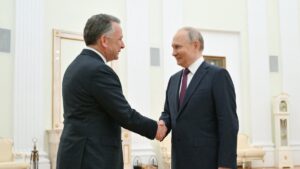
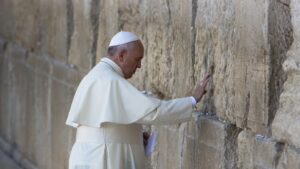
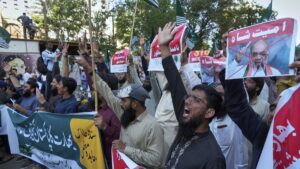
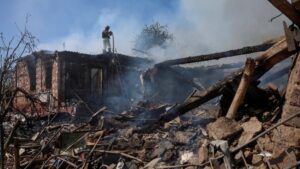
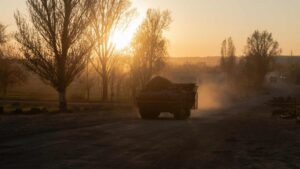
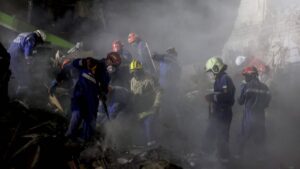

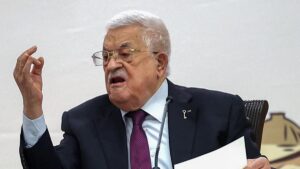
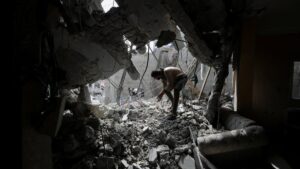
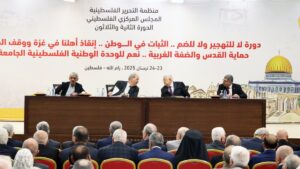
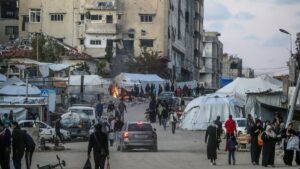




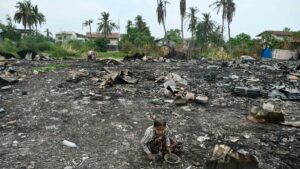


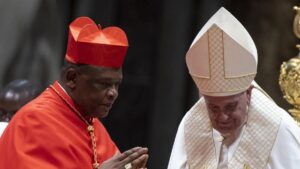
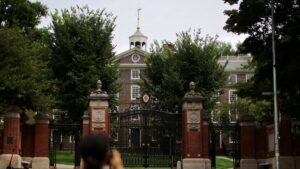

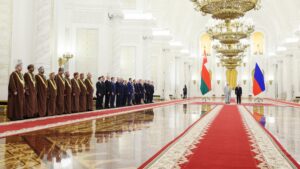
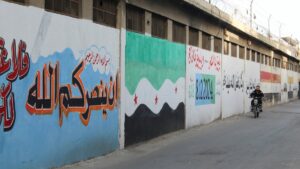


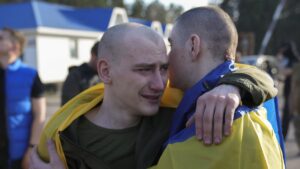

Be First to Comment